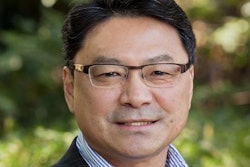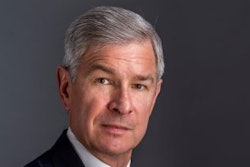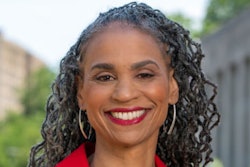As baby boomers retire in rapid numbers, an influx of job vacancies will occur across the work force, including those in the field of community colleges. According to the American Association of Community Colleges (2006), more than 80 percent of current community college presidents are planning to retire within 10 years. Community colleges, such as Guilford Technical Community College (N.C.), are instituting succession planning to prepare for their future institutional needs as well as their employees’ professional aspirations.
In The Chronicle for Higher Education, George Vaughan, a long-time community college leader and advocate, observed that he became a community college president after only three years of administrative experience. Of course, this was in the late 1960s, early 1970s, when a new community college was opening its doors almost every week. When asked how he achieved this position so quickly, Vaughan explained, “The escalator came by, I got on, and I rode it up.”
How will future community college leaders prepare themselves for the presidency? We describe here several programs providing professional development opportunities to individuals interested in ascending the community college hierarchy.
Future Leaders Institute (FLI) and Future Leaders Institute/Advanced
The American Association of Community Colleges (AACC) hosts the FLI, a five-day leadership seminar for mid-level community college administrators who are ready to move into a higher level of leadership. The seminar, designed for up to 40 participants, is intended for faculty, administrators and staff, with titles such as vice president, dean, associate dean or director.
Over time, and as some of the early participants began to experience upward career mobility, there were repeated requests for a “Part 2” of the FLI. Future Leaders Institute/Advanced (FLI/ADV) was designed to be an intensive five-day institute, focused on senior-level community college administrators who were on the direct path to a presidency.
Experienced community college leaders serve as coaches for the participants, providing significant networking experiences. The FLI network has grown to more than 570 alumni, of which 34 have been named to a presidency. More than 200 others have made significant career changes or enrolled in or completed doctoral programs.




















